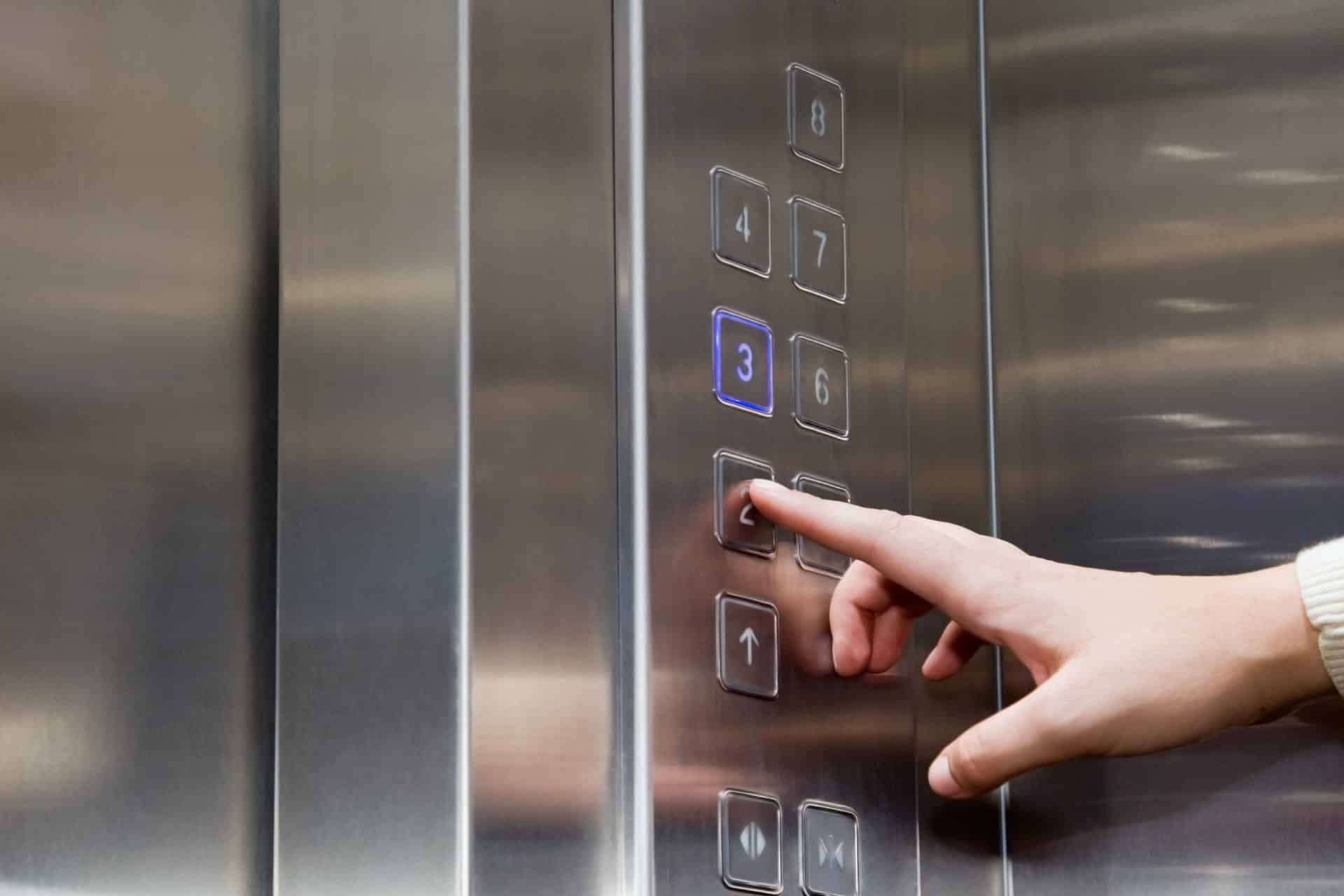Free Consultation
Free Consultation

Imagine living in a building you don’t feel safe in or a building you know is being neglected by a landlord. For many people, this is their everyday reality and it can have some dire consequences.
Last year, an elevator in a Manhattan apartment complex malfunctioned, leading to the gruesome death of a 30-year old man. This incident occurred after other tenants had been filing complaints to the Department of Buildings for months to no avail.
Luckily, tenants have rights and can sue landlords for negligence. Here’s what you need to know about tenants’ rights in New York and how a negligence claim can be filed.
In the state of New York, landlords have certain responsibilities to their tenants, including:
Landlords have to ensure that the tenants on their properties have electricity and running hot water as well as carbon monoxide and smoke detectors. Properties must also be free from toxic fumes, pests, and gas leaks as well as have no cracking or peeling walls, ceilings, or tiles – among other habitability requirements in order to keep the property safe.
A landlord must also disclose certain things to tenants such as lead paint that may be present in a building and where the security deposit for the property is stored. If a child under six years of age will live in the building, then any lead paint must be removed.
If you report a pest control issue, your landlord has a responsibility to address it. If there is a pest infestation at a property, then it is the responsibility of the landlord to eliminate it.
It is not acceptable for a landlord to retaliate in any way against a tenant for exercising their rights, including the right to file a negligence claim against them.
Landlords have several other responsibilities to tenants under the law such as compliance with state rent laws and responsibility to comply with all anti-discrimination laws. While these things may not impact the physical safety of a tenant, they’re valuable for tenants to understand.
If you feel that your landlord has failed to make your dwelling safe an inhabitable and they are aware a problem exists but do not act, then you can file a negligence claim against them. To prove a negligence claim in New York you need to show evidence of four specific elements:
Landlords owe their tenants something called a duty of care. The types of duties differ based on the leasing agreement and the type of property they own, but it’s important to explore what a landlord’s specific duty of care is to tenants in order to win a negligence claim.
After duty is established, then it must be shown that the landlord breached that duty. That means they didn’t take reasonable steps to prevent dangerous situations from occurring that could lead to injury such as repairing known hazards to health and safety or maintaining a property properly.
Next, it must be shown that the breach of the landlord’s duty caused injury or death to a tenant. The failure of the landlord to act must have contributed or directly caused an injury.
Under New York law, tenants can be compensated for damages such as pain and suffering, medical bills, lost wages, and personal injuries – as well as other costs that can be associated with an accident.
You have rights as a tenant, so make sure you exercise them when you need to and hold your landlord accountable.